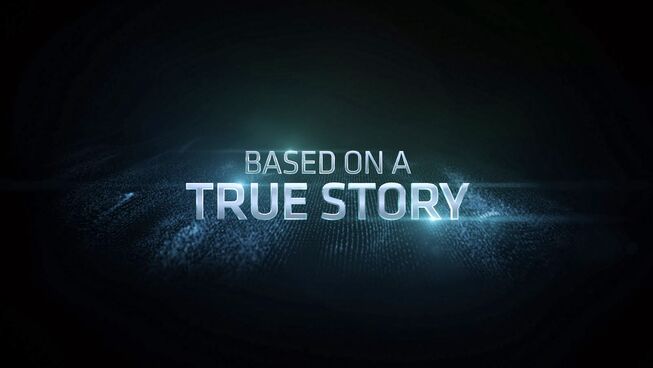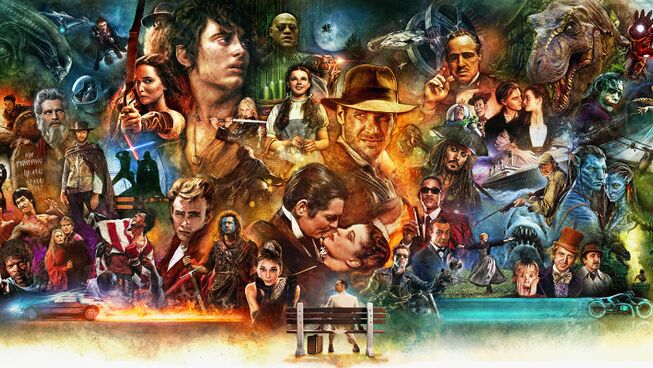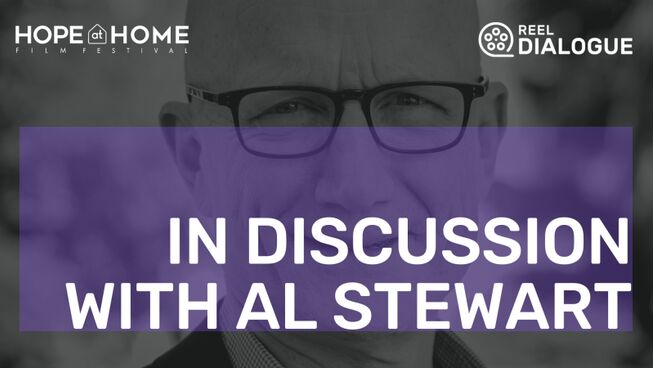
5 out of 5 stars
"This is an essential moment in the history of the Second World War." -Christopher Nolan
Christopher Nolan is a director that continues to redefine genres and take filmmaking beyond the conventional storytelling. From challenging the timeline of the murder mystery in Momento to reimagining what the superhero film could be in the Dark Knight Trilogy or developing the psychological thriller with Inception and Insomnia, he has helped to shape the film experience for a generation. Dunkirk gives Nolan the opportunity to put his creative prowess to the historical wartime drama. With the limitations of staying true to the historical reality of this near disaster in British military history, can he break new ground within this mainstay in cinematic history?
Outside of the shores of England, many people may not be aware of the events that occurred between May 26 - June 04 of 1940. Over 330,000 British, French, Belgian and Dutch troops were stranded on the beaches of France at Dunkirk. With the German forces advancing quickly and the Allied forces on the run, the British Navy was overwhelmed with the evacuation effort. If the military leadership could not figure out a solution quickly, the war would have been over and Germany would inevitably advance on England. In a desperate attempt to save their men from an inevitable defeat, the navy enlisted the support of the civilian vessels to cross the English channel and attempt to save the soldiers stranded on the beach. The work of delivering these forces home under the fire of Nazi forces was left to naval forces, civilians, sailors and the Royal Air Force.
Each aspect of this project shows how Nolan’s career has helped to bring a film of this calibre to cinemas. Not to say that he has taken from his previous films to make this wartime drama, but they show how it has helped him to develop his craft to deliver this visual treasure. The immersive manner of filming made each flight and each heroic naval expedition emotional and thrilling to encounter. Regardless of where the action occurs, the audience will feel as if they are part of the action. This is supported surprisingly by the fractured timeline, which will cause some mental adjustments to take place, but makes sense in the end. This perspective gives the space for each element of the evacuation process to be given full recognition to their involvement.
The artistry behind the camera helps to bring this horrific situation to life, but the heart of the film is found in the performances of the cast. Even with named talents like Tom Hardy, Mark Rylance, and Kenneth Branagh on screen, the focus was on the whole cast and especially the young performers. The tragic and hope filled beauty of the events came through minimal dialogue and chaotic realities of the this wartime effort. It neither glorified nor minimised the work of the soldiers, sailors or civilians. What Nolan was able to convey was that amongst this military debacle, the whole thing could only have worked with the effort of all who were involved. Even though many individuals lost their lives, the fact that so many were able to come home was miraculous and what could have been a low point in history became a catalyst for the heart of the English to rise against the oppression of the Nazis.
To describe Dunkirk as merely a great film would be to minimise the groundbreaking effort by Christopher Nolan and his team. To compare it to other films from this year would not be fair to the other directors and production companies, because it goes into a class of its own. This is one of those experiences that cannot be contained in a review, but must be taken in personally by all who want to view a unique part of human history and a film that will help to define cinematic history.
REEL DIALOGUE: Innovation?
Salvation, unity, and home are just some of the themes provided by Dunkirk for potential discussion, but the topic for Reel Dialogue is going to be innovation.
This production shows the creativity of mankind from behind and in front of the camera. The innovative process of film directors and their teams to deliver new ways for people to be involved in the storytelling process. It is inspiring to see how creative individuals can continue to push the edge of expectation and deliver something new for audiences.
This is even shown in front of the camera by the depiction of humanity's ability to be innovative in the face of imminent tragedy. We are able to see how the military leaders look to unconventional methods of saving the lives of thousands of soldiers and how these efforts play out on the screen. It is surprising to see both aspects of human ingenuity, but should it really amaze us?
In looking at history and even the Bible, people have been continually taking society to new levels of invention. Which many around the world would credit this desire to create being a family trait given to us by God.
"In the beginning, God created the heavens and the earth. The earth was without form and void, and darkness was over the face of the deep. And the Spirit of God was hovering over the face of the waters. And God said, “Let there be light,” and there was light. And God saw that the light was good." Genesis 1
God began with nothing and brought forward, well, everything. This includes man and woman, which the Bible goes on to say that we bear His image. Which may help to answer the question, why is mankind so innovative, because we take after our creator Father. It's in the all in the family.
Passages to consider on the subject of innovation: Genesis 1, Luke 2:52, John 1:1







